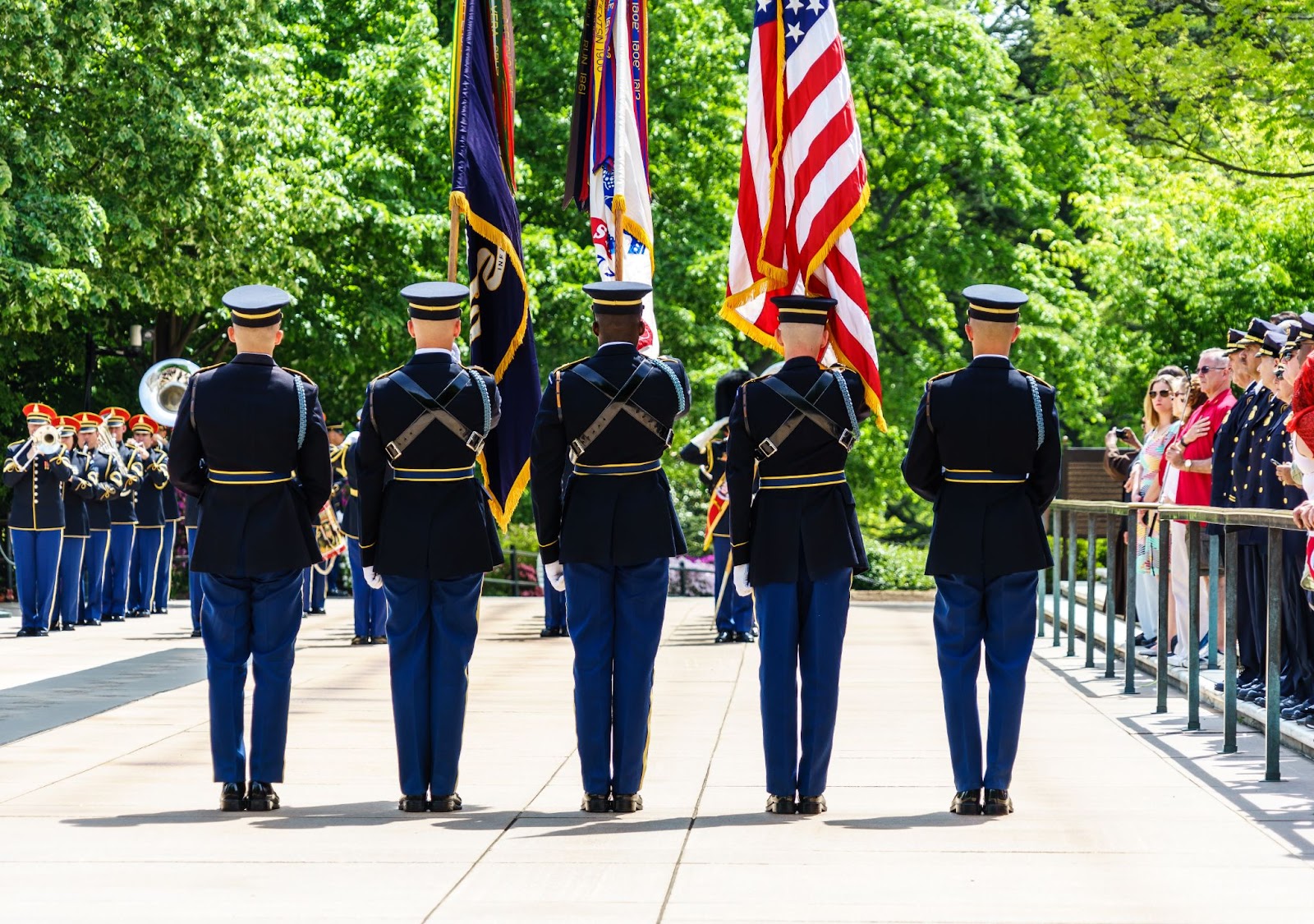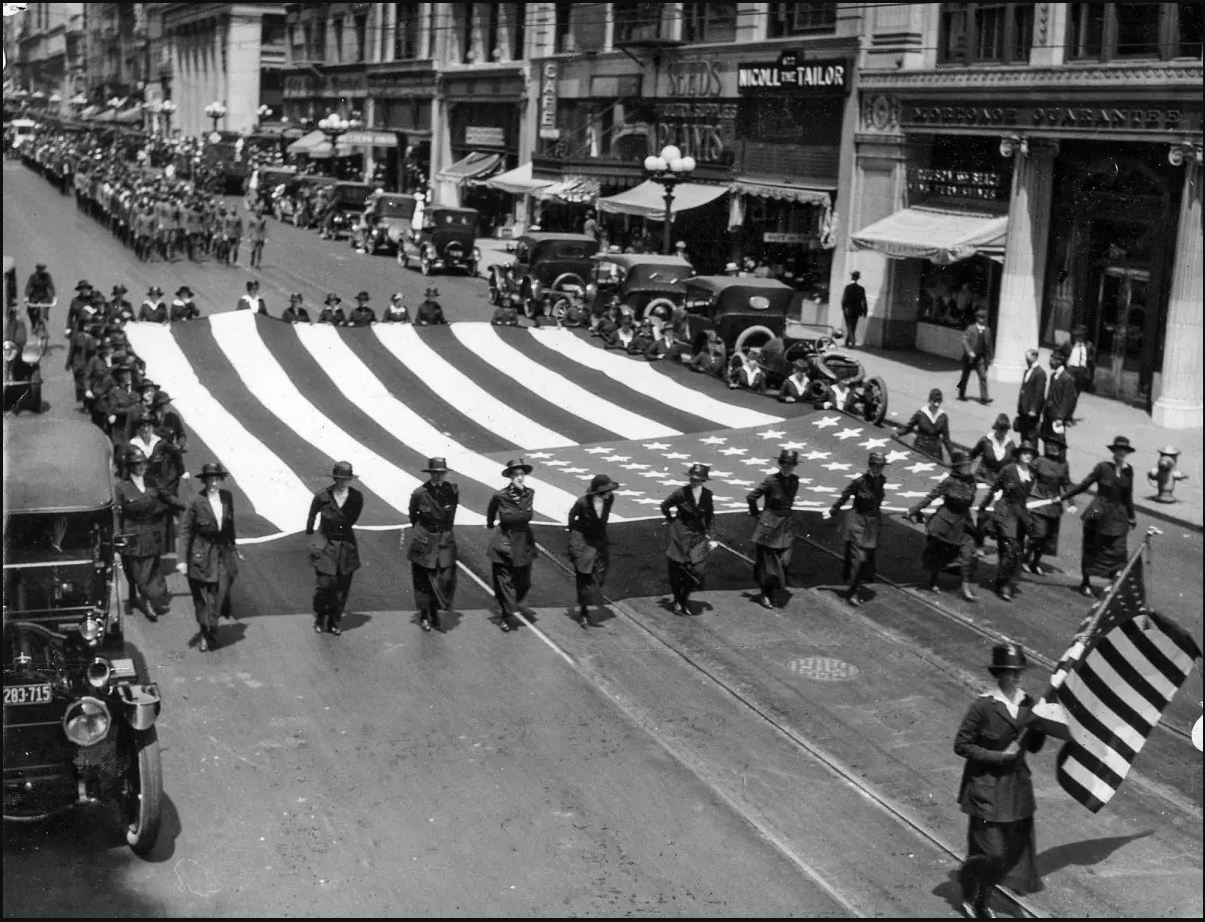We remember not just the fallen, but the freedom their sacrifice forever protects and preserves.

Year after year, as the final Monday in May draws near, Americans get ready to grill, parade, and hang out with friends and relatives. But aside from all these rituals, a vital query remains: Are we really taking time to consider the sacrifices of the courageous men and women who offered their lives for the freedoms that we celebrate?
Memorial Day is so much more than just a holiday that signals the beginning of summer. It is a day that is reserved to celebrate courage, sacrifice, and the deep price of freedom.

Memorial Day originated in the wake of the American Civil War—the bloodiest war in U.S. history, when some 620,000 soldiers were estimated to have died, a figure that is reckoned to be more than all other American wars put together (American Battlefield Trust, 2025).
● The holiday was initially officially celebrated as Decoration Day on May 30, 1868, when General John A. Logan of the Grand Army of the Republic made it a national day to honor the graves of deceased soldiers with flowers and flags.
● The date was specifically selected because it would not fall on the anniversary of any one battle, representing a collective, national act of memory.
● In time, Decoration Day grew into Memorial Day to commemorate all American service personnel who died in any conflict.
● In 1971, Memorial Day was made a national holiday and shifted to the final Monday of May, establishing a long weekend so that families across the country could gather to remember.
The first large Memorial Day ceremony took place at Arlington National Cemetery, where thousands of people came to honor the dead—a tradition that continues today with somber ceremonies and wreath-laying (National Archives, 2024).
Memorial Day is not just remembering the fallen but also about recognizing the profound emotional and psychological toll their loss takes on families, communities, and the country.
There are countless families who have suffered beyond their imagination. The scars of war go beyond the physical and reach the mental and emotional, touched by spouses, children, and comrades equally.
Research indicates that surviving loved ones frequently experience long-term issues such as post-traumatic stress, depression, and complicated grief, attesting to the continued necessity of support networks committed to veterans and families (Stanley et al., 2016).
Memorial Day is an important cultural reference point, but some Americans might not actually understand its real significance. In a 2023 Pew Research Center poll, it was discovered that only 38% of Americans have a complete awareness of the historical importance of Memorial Day, though 75% say it's an important holiday to remember those who died while in service (Pew Research Center, 2023).
This inconsistency reveals that although the day is universally accepted, its greater significance is oftentimes eclipsed by the merriment of holidays.
● Honoring the dead is important for a variety of reasons:
● In order to respect their sacrifice and make certain that their bravery is not forgotten.
● So that future generations can be taught about the real price of freedom. In order to spark an ethic of gratitude and civic duty among communities.
Memorial Day rituals and symbols are meant to preserve the memory of the deceased and create a sense of national unity.
● The rendition of "Taps", the mournful bugle signal, is a haunting tribute that signals the conclusion of the day's observance.
● The red poppy tradition is derived from John McCrae's celebrated World War I poem "In Flanders Fields," which represents both war's blood shed and hope for peace.
● Parades, wreath-laying services, and moments of silence at the local level pay tribute to service personnel by communities throughout the nation.
Honoring the fallen means more than attending ceremonies, it calls for active remembrance and ongoing commitment:
● Supporting veteran mental health services to help those who return from service.
● Educating young people on the true meaning of Memorial Day to keep the legacy alive.
● Engaging in community efforts to support military families facing the aftermath of loss.
Memorial Day is a solemn reminder of the extraordinary sacrifice made by those who gave their lives for our freedom. It is a moment to pause, reflect, and honor the bravery and selflessness that secured the liberties we hold dear. Behind every name is a story of courage and loss—a story that demands our deepest respect and gratitude.
As we remember these heroes, let us also renew our commitment to live with purpose, support our veterans and their families, and ensure that their sacrifice is never forgotten. Memorial Day is not just a day of remembrance, it is a call to uphold the values they fought for and to carry their legacy forward with honor and humility.
"Freedom is not a gift. It’s a legacy built on sacrifice, courage, and unwavering love for the country."